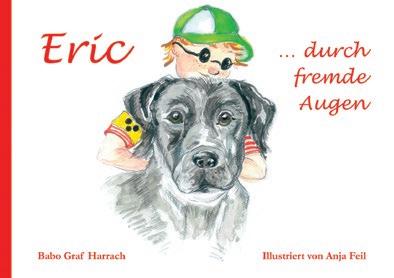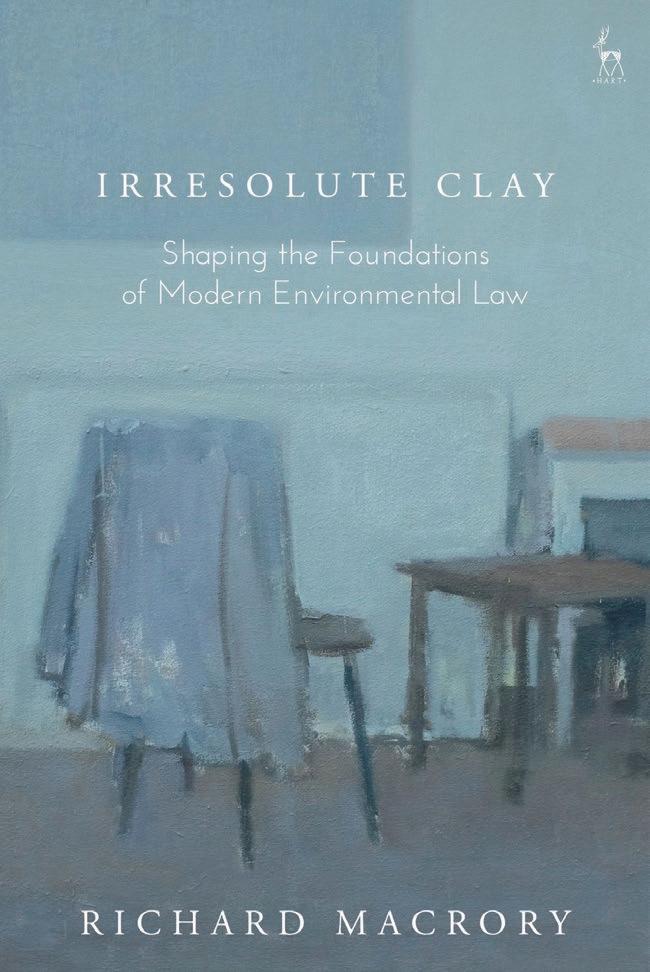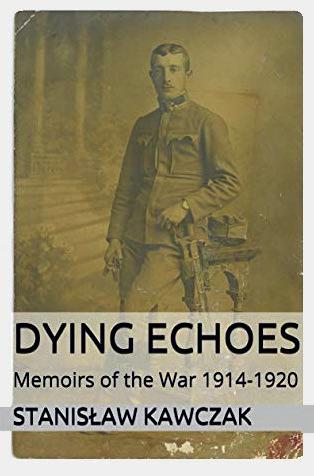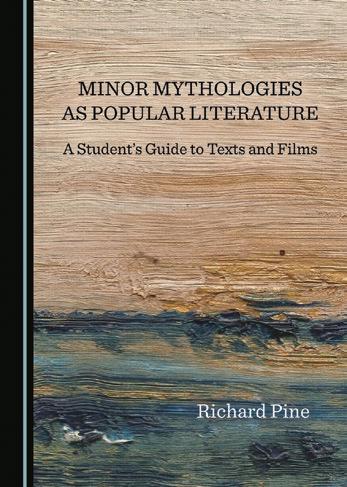
7 minute read
Alumni in Print
BOOKSHELF
The Passing Tribute Simon Marshall (DD, 1990-95)
Advertisement
At the end of WW1 two brothers become entwined in a shadowy plot to assassinate the last Habsburg Emperor. Swept up in revolution and the competing visions for the future of Europe, they find that the end of the war is only the beginning of their struggle.
The Universal Subject of Our Time
Darius Nikbin (WUS, 1990-95; HH, 1995-00)
The Subject itself is the Subject of the Machine. What does it mean to be human? We live in a technological age, where rapid advances in personal tech and the science of Artificial Intelligence are challenging us in ways never before imagined. A book in two parts, The Universal Subject of Our Time begins with an exploration of 20th Century post-modernism's undermining of subjectivity with thinkers such as Foucault, Derrida, Baudrillard and Althusser and continues with a description of the science wars, where physical realists challenged the postmodernists up to the 1990s when the intellectual conflict resulted in an uncompromising stand-off after the Sokal Hoax. In Part II the subject is resurrected by taking a look at arguments for machine intelligence and AI and also, from the perspective of physics, examines what subjectivity means, particularly in relation to black holes or black stars, and look to what lies ahead in the future, in terms of space exploration, Martian habitats and even the possibility of first contact with extra-terrestrials.
Eric
Babo Harrach (AHH, 1961-64)
The “Stern” a German weekly wrote: Eric will not only appeal to children: For the eight-year-old, his blindness means no shortage, but a challenge – for himself and his friends. Watson comes into his life for enrollment, a smart and greedy Labrador, with whom he now experiences adventures on his own. And suddenly something is going on in his life!
The book was transcript in Braille and has a great number of beautiful illustrations.


Irresolute Clay
Richard Macrory (LL, 1963-68)
At a time of profound change and rethinking, this book provides insights into how environmental law in the UK has developed into its current form, and considers challenges it will face in the future. Irresolute Clay is not a legal history or textbook, nor a conventional set of legal memoirs. Instead it offers a personal account of the inside stories as experienced by one of the key architects of contemporary environmental law. Taking a thematic approach, it charts fundamental tenets of the subject (such as environmental sanctions, the European dimension, developing the academic discipline of environmental law, and environmental courts and tribunals), from the beginnings of the modern environmental law era in the 1970s to the present day. Cover art by Charles McCarthy (LL, 1963-67)

Dying Echoes: Memoirs of the War 1914–1920
Stanislaw Kawczak and Andrew Kavchak (BB, 1976-77)
Dying Echoes: Memoirs of the War 1914-1920 by Stanisław Kawczak was first published in Poland in 1936 (Milknące Echa: Wspomnienia z Wojny 1914–1920). It tells the story and experiences of a young Polish conscript in the Austrian army who fought during WWI wearing the Austrian uniform against the Russian army on the Eastern Front and the Italian army on the Southern Front. Kawczak began his military career as a corporal, and was promoted to officer cadet, lieutenant, and finally captain. From the beginning of the war his heart was in the struggle for Polish independence and the defeat of the three occupying powers (Germany, Austria and Russia) which had partitioned Poland since the 1790s. Kawczak was among the founding members of a secret organisation among Polish officers known as “Freedom” (Wolność).
At the end of WWI the empires of the three occupying powers collapsed while the Polish State was reborn. It immediately faced hostilities and border disputes with neighboring countries. Kawczak describes his experiences fighting against the Ukrainians, Czechs and Russians.
The narrative is vivid and gives the reader an image of the life of a soldier on the march and in the trenches, as well as an account of the political debates about national interests during the “Great War”.
This book is considered in Polish literature among the best of the WWI memoirs and an authentic historical account of the plight of Polish soldiers in the Austrian army and nascent Polish forces.
This is the first English translation, with introductions by Stanisław Kawczak’s son and grandson.
These memoirs will be of special interest to students of Polish history and the complexities of nationalist conflicts during and after WWI.

The Fight For Autism Treatment In Canada Andrew Kavchak (BB, 1976-77)
When Andrew Kavchak’s younger son was diagnosed with autism, he expected that Canada’s public health insurance system would cover the cost of treatment. It didn’t. The medical and scientific communities have known since the 1980s that the application of Intensive Behaviour Intervention (IBI) treatment based on the principles of Applied Behaviour Analysis (ABA) is effective and evidence-based treatment for autism. Yet, in the province of Ontario and across the country, such autism treatment programs are most often administered by the departments of social services and not paid for by Canada’s Medicare system. Andrew Kavchak’s son was placed on a treatment waiting list with no indication of how many months or years the waiting would last. He was advised that it was in his son’s best interests to resort to the private sector, at tremendous expense, to help his son develop to his fullest potential. It was then that he realized that political lobbying to end the discrimination in Canada’s Medicare system was going to be necessary. Andrew Kavchak has promoted the Medicare for Autism Now! (MFAN) message from the beginning of his autism activism.
In this book the author describes the circumstances around his son’s diagnosis and his introduction to government indifference, including unconscionable wait lists and age cut-offs. The book provides a historical overview of varying efforts and milestones by numerous organisations and individuals in their provincial and federal campaigns to help improve access to autism treatment across Canada. It also includes a discussion of the Auton case lawsuit launched by a few families in British Columbia against the provincial government that ended up in the Supreme Court of Canada in 2004, and surveys the multitude of pleas for the federal government to develop and implement a National Autism Strategy. The author describes his experiences and intersperses the story with his commentary and reflections along the way.
Forewords are contributed by Dr. Sabrina Freeman and Beverley Sharpe, two of the parents who spearheaded the Auton litigation case. Dr. Freeman and her husband were founding members of Families for Early Autism Treatment (FEAT) of British Columbia and leading advocates for the adoption of autism treatment programs in Canada.
This book is a “must read” for anyone interested in the history of autism public policy in Canada and those who seek to expand their understanding of the current state of government autism programs and how we got here. It will be of interest to parents, activists, students of public policy, researchers, and anyone concerned with the question: What can Canadian society do to help the autism community?
Minor Mythologies as Popular Literature: a student’s guide to texts and films
Richard Pine (AHH, 1962-66)
This is the first single-author study of the genres and roots of popular literature in its relation to film and television, exploring the effects of academic snobbery on the teaching of popular literature. Designed for classroom use by students of literature and film (and their teachers), it offers case studies in quest literature, detective fiction, the status of the outlaw and outsider, and the interdependence of self, other and the uncanny. It challenges perceived notions of, and prejudices against, popular literature, and affirms its connection with the deepest human experiences.
The cover illustration is an oil painting (“Connemara Seascape”) by my daughter, Vanessa Pine. The book is aimed at students (and their teachers) in an attempt to persuade them that “popular literature” is based on the same “mythologies” as the great works in the literary canon, and that it is academic snobbery that insists that popular literature is of a lower grade.
My recent books also include “The Disappointed Bridge: Ireland and the Post-Colonial World” (2014) and “Greece Through Irish Eyes” (2015). I live in Corfu, where I am Director of the Durrell Library (www.durrelllibrarycorfu.org) and editor of C.20 – an international journal (www.c20ajournal.com). I have recently edited a two-volume collection of Lawrence Durrell’s uncollected prose 1933-1988, Endpapers and Inklings.










